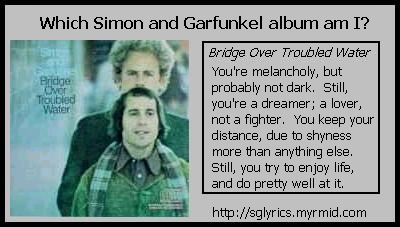Started Koestler's Darkness at Noon yesterday evening. Yeah, its my old problem. Reading too many books together at the same time. But its interesting to read it side by side with Gorky Park. Both deal with the Soviet Union, but their heroes(or rather protagonists, as Rubashov, of Darkness, is not exactly heroic) cannot be more different. Arkady Renko is the man who refused to sell his soul. He is not burning with hatred for communism; he is probably too old and tired, and past all that. But he cannot take all that party and revolution and workers' paradise talk seriously. Its a farce to him. So he simply avoids anything to do with the party as far as possible, and sticks to his job as detective. That is a realistic potrayal of the closest one could come to dissidence in Soviet Russia.
Rubashov of Darkness at Noon is almost comical in comparison, with his faith in the future and how the Party will take the world to a new paradise.
When the novel starts he is locked up in a cell waiting for interrogation. He is finally caught in the net in one of the purges under No.1 (Stalin, I guess). So he broods intermittently over his past and over a toothache(Koestler very effectively uses the toothache as a symbol for his discomfort over things Rubashov did for the party in the past). And all through his brooding, he wonders about - and this is the theme of the book - whether the ends justify the means. This is supposedly the central problem in the book. But I think the way problems should be defined, it is a very badly defined problem.
For one, the ends, the way Rubashov describes them, are laughable. He believes that the revolution is 'with' the forces of history, and it will create a completely just society and a paradise on earth for the masses. Now, such ends- okay, this sounds a little too scientific- are not quantifiable at all! How do you measure the justness of a society? How do you know when you have reached a completely just one? Anyone who believes such ends is simply deluding himself, cos he himself will not know even if he has reached those ends. And even if he does, how will he prove it to others? Darkness is a good book if you want a peek into the mind of a failed Communist, but as a general book raising question of ends vs means, I think it fails.
To define a good 'ends vs means' problem, we need a situation where the ends can clearly be seen, be measured, to be good. Then we can think about the means. A science fiction work may define the problem more clearly.
Suppose you have a planet where people exist with two kinds of mutations. Some have one heart, some have two. Now, the people with one heart can live easily with one, but the people with two hearts, their bodies are used to twice the pumping since birth, can only survive if they have two hearts. Suppose a 100 people on this planet(all with one heart) are about to die of heart failure. Should you round up 50 2-hearted people (at random) and use their hearts for transplant, and save 50 lives on balance?
Ok, all that was a little creepy. But it attacks the means vs ends question with more clarity, cos at least you know the ends are measurably better. Not some vague workers' paradise in the future.
You can solve a tough problem, but what you can never solve is a badly defined problem. That is what I don't like about Darkness at Noon. It would have been fine if Koestler had stuck to depicting communism and why he hated it. But to set it up as an example where the means failed to justify the ends seemed taking it a little too far.
